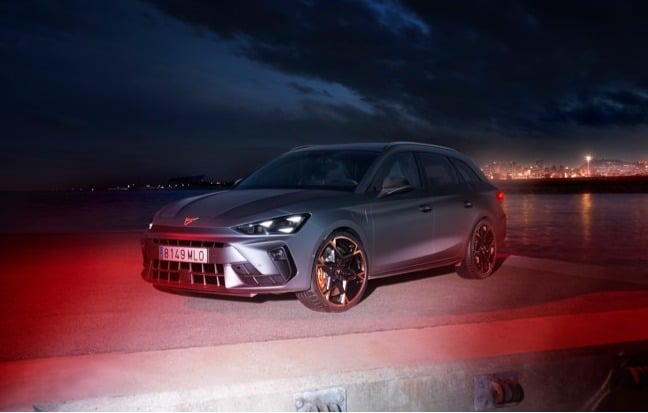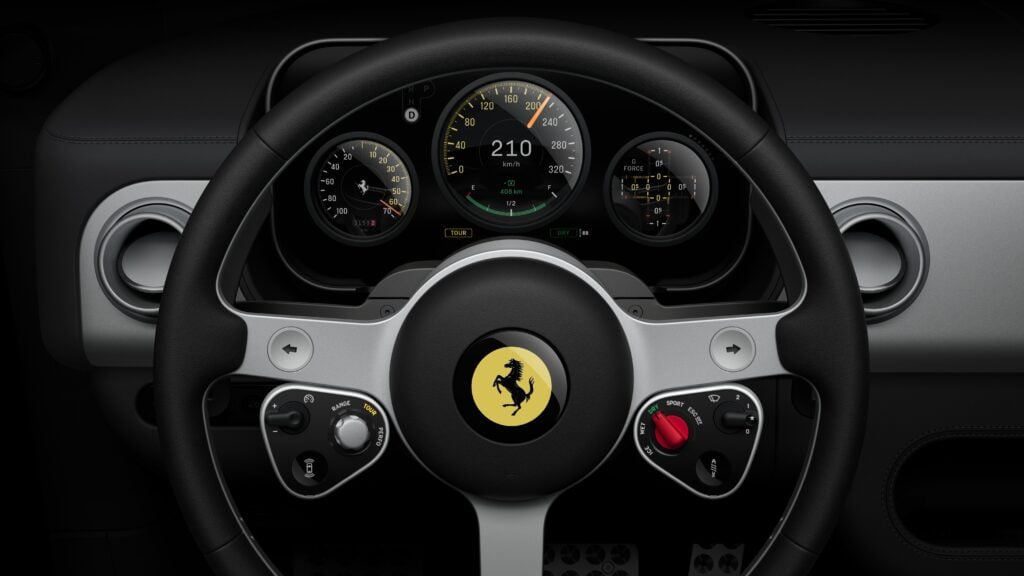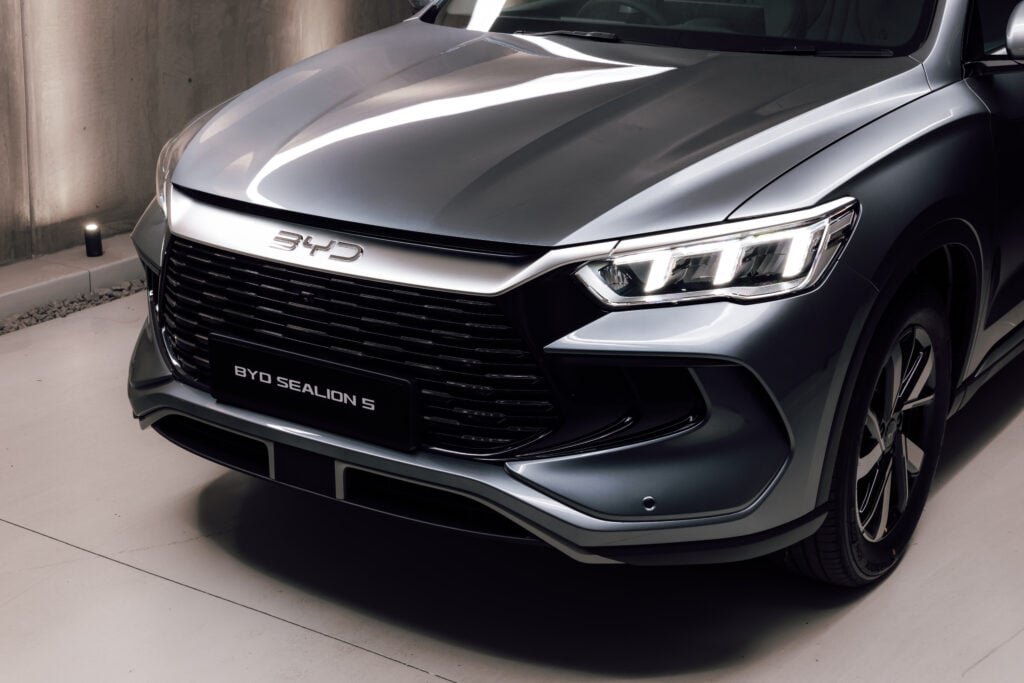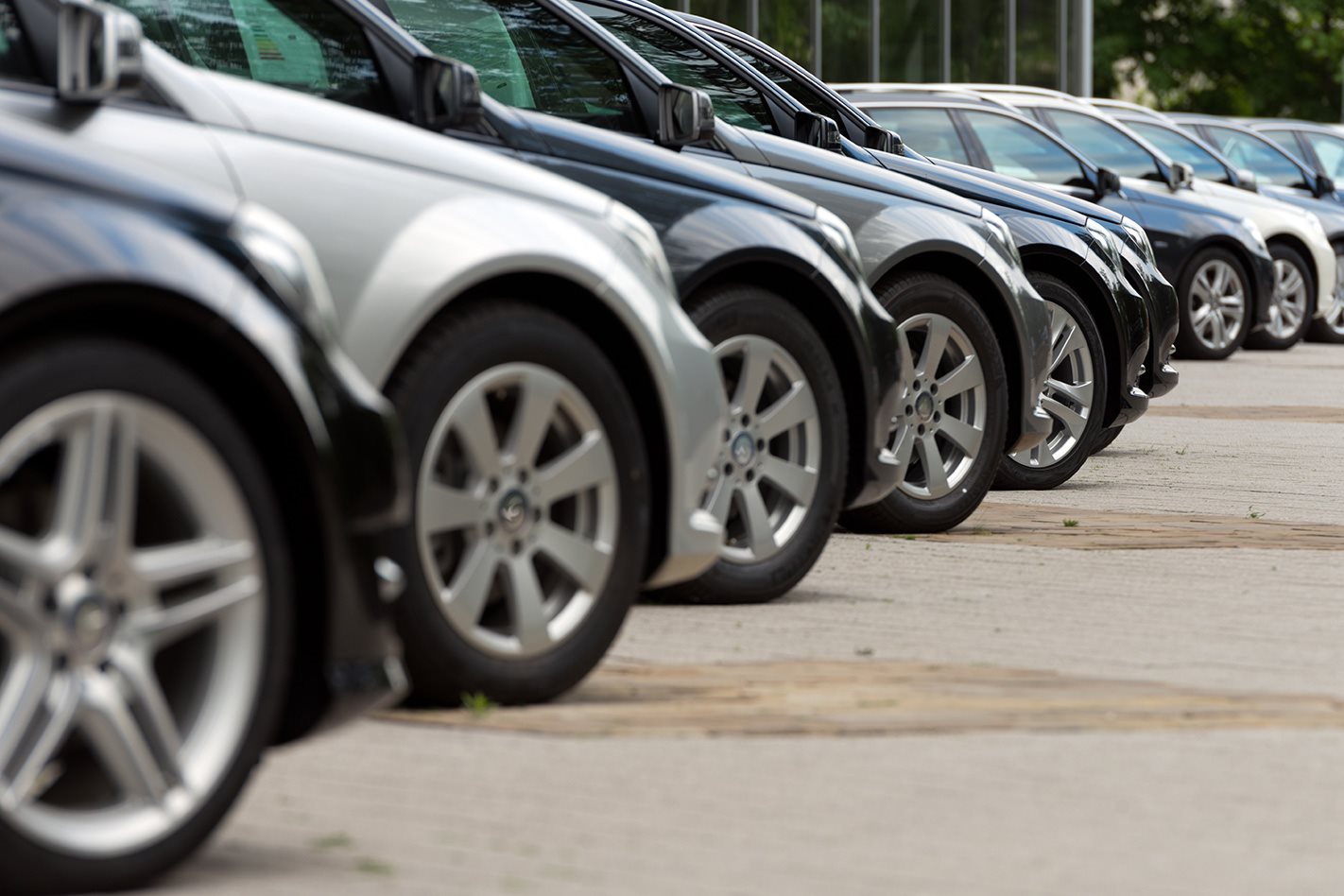
The recent shift towards the agency sales model has been touted as the next big threat towards Australia’s automotive dealership industry.
Within the past 12 months, both Honda and Mercedes-Benz have implemented the agency model in Australia, which not only removes the ability for prospective buyers to negotiate on price, but also takes away stock ownership from the dealer itself – instead putting it in the control of the manufacturer.
While Honda compensated its former dealer network, Mercedes-Benz is currently gearing up for a legal battle against 38 dealerships seeking $650 million in compensation, who claim they signed the new agency agreement under duress.
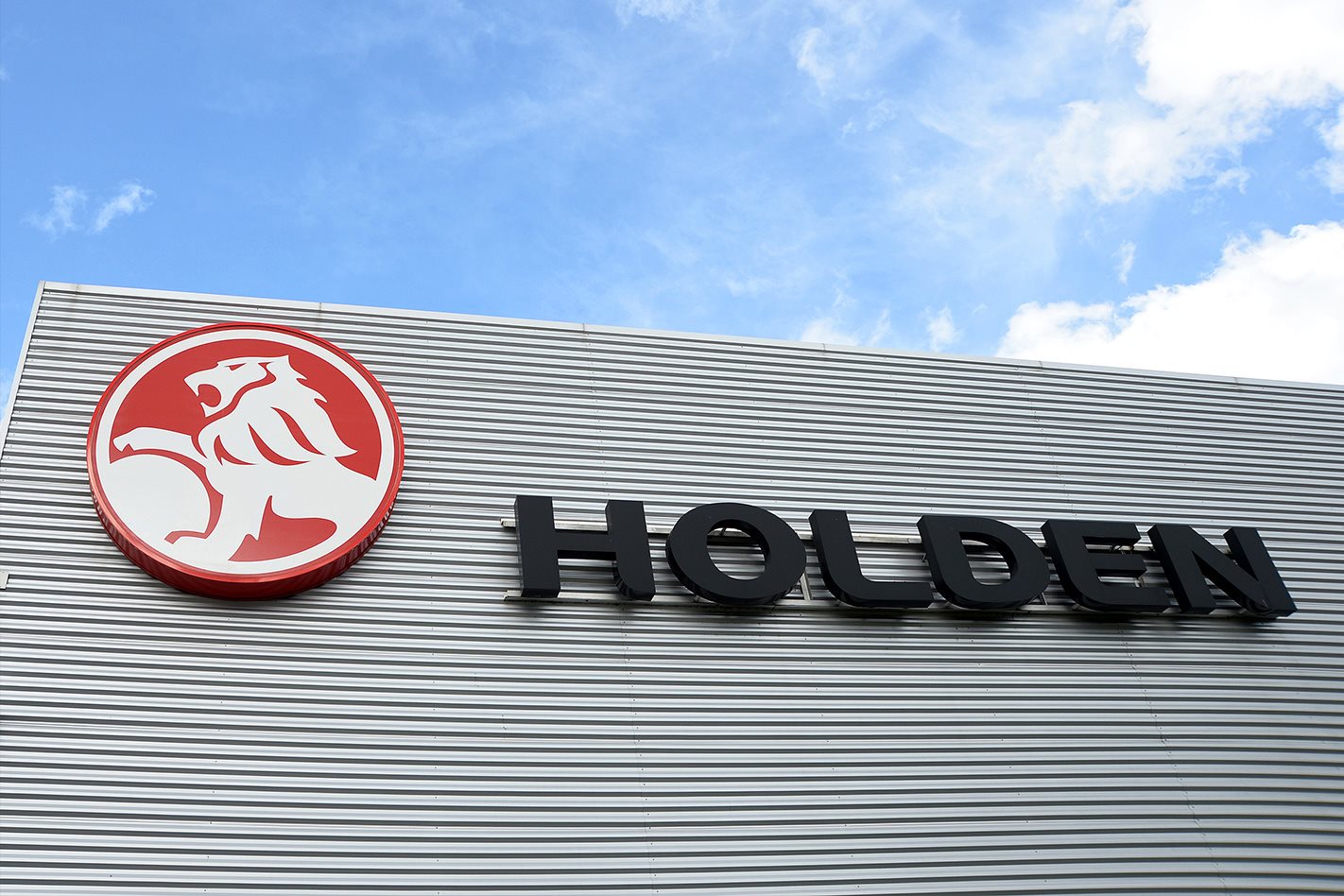
Speaking at the Australian Automotive Dealer Association’s (AADA) Convention and Expo in Brisbane, law firm HWL Ebsworth’s Evan Stents – who’s firm is representing the group of dealers currently suing Mercedes-Benz – said the court battle “is probably the most important legal case in the history of the Australian automotive industry and franchising”.
In his opinion, Stents explained the agency model was a threat to dealers, with the revised Franchising Code of Conduct still omitting protections for franchisees being taken over by franchisors.
“There are always gaps, just when you think you’ve got everything covered something new emerges – and probably the biggest threat that’s been identified now is what’s happening with the conversion of some networks to an agency model,” said Stents.
“We know Honda and now Mercedes-Benz have moved to an agency model. That’s what’s called ‘franchisor opportunism’ where they have a developed market and they decide to take that market back in effect – acquiring the goodwill that’s been developed by the franchisees and paying no consideration for it.
“There’s been talk about existential threats to the industry – but this is a key threat, because if the goodwill of dealers is not protected, then there’s a lack of confidence in investing in the industry.”

Stents believes the agency model might have a role to play, but the court case between Mercedes-Benz and its dealers could influence the Federal Government to make further changes to the code.
“The issue of protecting goodwill has been kicked around now for the last 20 years in government reports and franchising. But no one’s done anything about it to protect it and now it’s not theoretical anymore,” he added.
“We all know, because it’s well reported in the media, that the Mercedes dealers are having a monumental battle at the moment to protect their investment in their dealerships and to be compensated for their goodwill.
“I’m not suggesting here that agency models are wrong. But what I am suggesting is that if a franchisor is going to convert to an agency model, there needs to be fair compensation paid to the franchisees – because without it, it undermines the whole confidence in investing in that sector.
“It shouldn’t be up to the Mercedes-Benz dealers to have this battle on their own in the courts – we need government intervention to protect that. It’s critical, not just for this sector of motor vehicle dealers, but for all franchising.”

The Federal Chamber of Automotive Industries – Australia’s peak body for carmakers – believes manufacturers have to adapt to the changing demands of consumers, as with any other industry.
“I think our sector is no different than any other sector of the economy – everything seems to be changing,” FCAI Chief Executive, Tony Weber told the conference this week.
“People right across the economy are looking at different ways and they expect different ways to be serviced, to both buy the product and also have the product serviced – which is unique for us as an industry because you buy the car, but you need to have that relationship ongoing.
“Inevitably consumers will drive change and my members [manufacturers] compete against one another.
“They compete at two levels – they compete on the product they sell and the service that they provide afterwards. So inevitably the consumer’s always right, and that will main change broad.”
We recommend
-
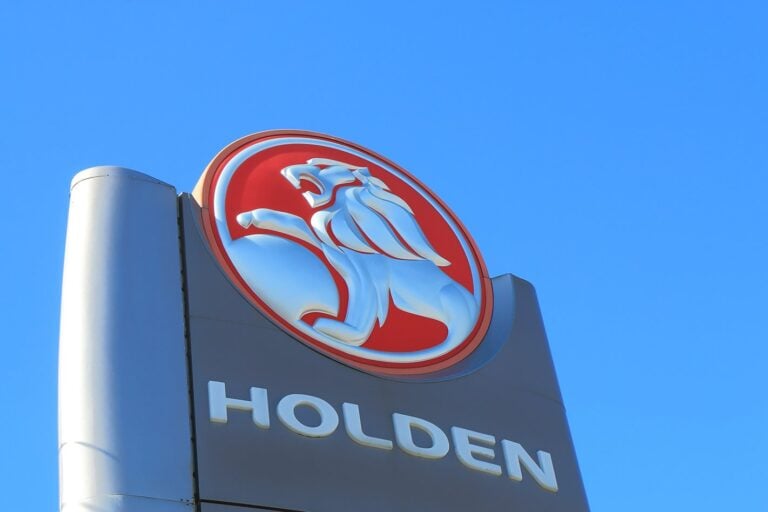 News
NewsGreater franchising reforms for car dealerships divide industry
Dealer representatives have praised the proposals while other industry bodies say the impact on customers has been forgotten
-
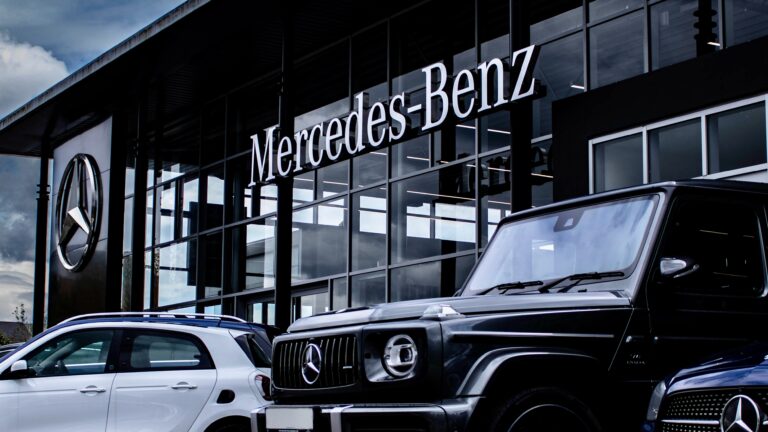 News
NewsMercedes-Benz Australia outlines court defence over agency model changes
Mercedes-Benz is set to introduce a direct-to-consumer model, but 80 per cent of its dealership network oppose the move
-
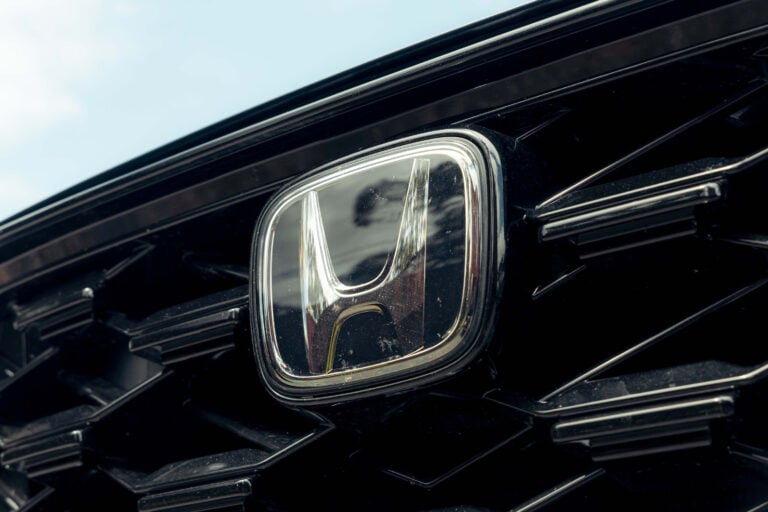 News
NewsHonda Australia fined $6 million over misleading dealership claims
The Federal Court has imposed a $6 million fine on Honda Australia for misleading customers about the servicing capabilities of three former authorised dealerships, following an ACCC investigation.


